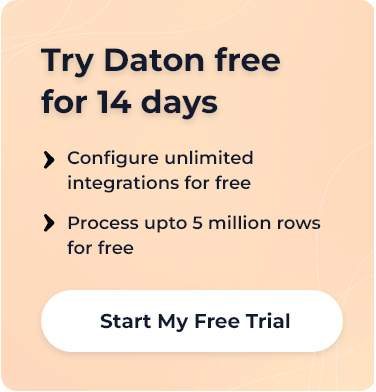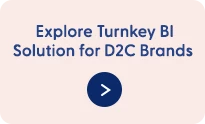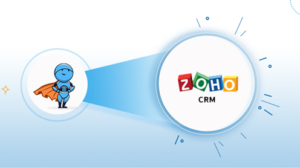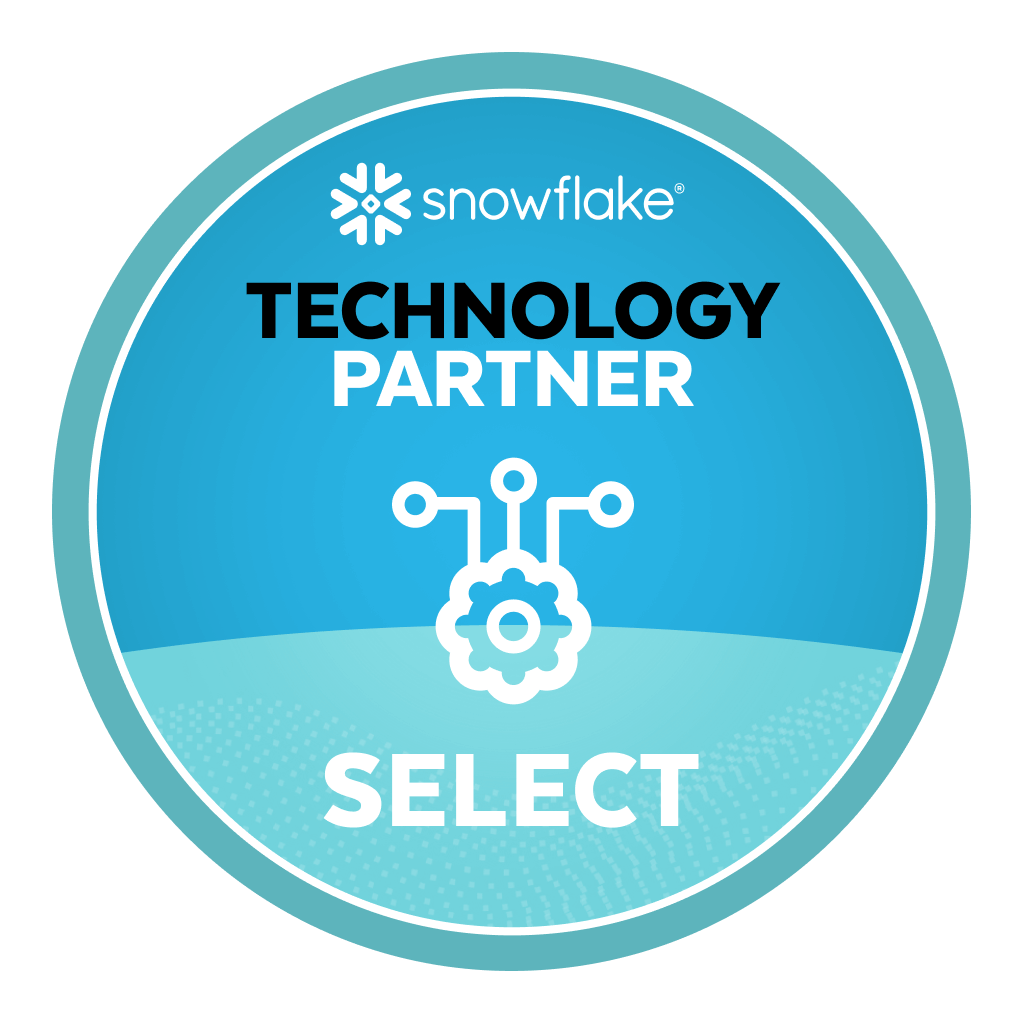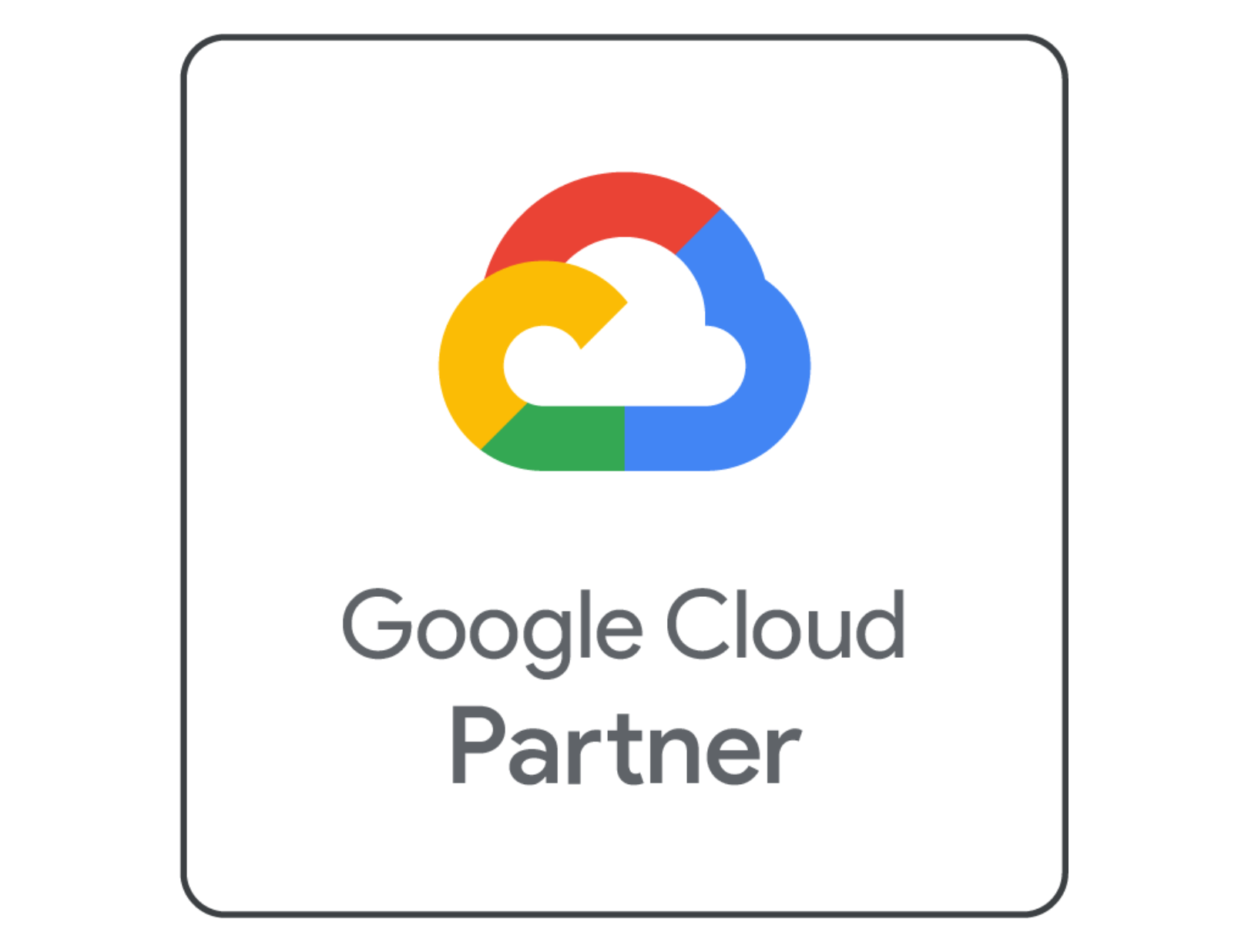Modern Businesses have a data-driven approach. Hence companies rely on data replication from multiple sources using ETL tools. You can write your ETL code, or you can adopt a ready-made ETL service to do the work for you. What factors are to be considered while selecting a service? Let us see how to evaluate each of them.
We have listed down 10 major factors that will help you choose the right ETL service for your business:
- Support: Data sources and Destinations
- Extensibility & Compatibility
- Usability
- Scalability
- Security
- Customer Support
- Stability
- Batch & Stream Data Ingestion
- Data transformations
- Pricing
Support: Data Sources and Destinations
ETL services require destinations in which you can store your analytics data. Destinations are mainly data-warehouses such as Google Big Query, Amazon Redshift, and Snowflake; or a data lake such as Google Cloud Storage, Amazon S3, or Microsoft Azure. Some ETL tools permit you to push data only in one data warehouse while others allow multiple destinations. There are some ETL services that allow data replication to multiple places simultaneously.
It is quite challenging to find an ETL platform that supports all the SaaS tools, databases, and other data sources your company is using. Thus, you prefer the one that allows replication of your most essential data sources.
Extensibility and Compatibility
As an organization will grow, the chance of the chosen ETL tool supporting new data sources will be less. The ETL tool should have the capacity to add additional data sources. There must be other third-party tools that your clients use. The ETL service should be compatible with those tools through APIs, webhooks, or other software.
Usability
You have to check the simplicity of the ETL tool’s interface, whether it is easy to set up integrations, to schedule and monitor replication tasks. The tool should support data replication on different schedules. The granularity, flexibility and customization should let your business become productive.
Scalability
With the growth of the business, the data volumes will also increase. Thus, choose a tool that can meet your growing needs without deteriorating service. A data pipeline architecture supports a large volume of data.
Security
Security is the most crucial element of a system. For a cloud-based data pipeline, keep into account the following factors:
- The security controls should be user-configurable.
- There should be an API key management.
- Whether the vendor encrypts data at motion and rest, otherwise, you should be able to enable encryption.
- Whether HTTPS is used for web-based data sources.
- What schedule is used to delete your data after it reaches the destination?
- What does the vendor offer for the integration of data sources and destinations?
- Whether it uses Secure Shell (SSH) for strong authentication
HIPAA, SOC 2, and GDPR compliance are three of the most common measures according to national and international data security standards. Try to check out the details of the certifications possessed by the platform.
Customer Support
The ETL tool’s support service should also be to resolve issues instantly or allow you to fix those yourself. The customer support team might be available whenever you require their help. Try to assess how much you have to rely on them or the availability of support channels like phone, email, online chat, or web form.
The documentation should be written with the relevant technical expertise required to use the tool.
Stability and Reliability
Try to analyze how much downtime you can allow and check the service level agreement (SLA). It will describe what percentage of uptime they guarantee. To evaluate a platform for stability and reliability, ensure that the extracted data is accurate and reaches the destination in a reasonable timeframe.
Batch and Stream Processing
Batch and Stream ingestion are two processes in building a data pipeline architecture. Most ETL tools do batch extraction from data sources, but others do stream processing for real-time events. One needs to know which one is ideal for which analysis.
Data Transformations
Nowadays, most companies offer data warehouses on cloud platforms. The transformations occur after the data has been loaded in the warehouse, using a modeling tool like dbt or Talend Data Fabric, or just SQL.
Pricing
ETL tools may charge based on the amount of data replicated, the number of data sources used, or the number of users using the software. Some ETL service providers have different pricing plans on their websites while others will customize according to your use case. Select the one which will allow a free trial for new users, free historical data loads, and replication from new data sources. Also, consider scalability to understand how your costs will vary with data volume.
After the ten significant factors are considered in selecting an ETL tool, start the trial by setting up and replicating data to your destination. Test for:
- Usability: Add a destination, a few sources, and perform a few integrations. Analyze the resulting logs. Examine a few integrations to learn how easily you can use the tool.
- Synchronization and integration: Learn how reliable the ETL tool is in sending the extracted data at the required frequency; or how easily it adds, and removes tables, columns, and rows.
- Scheduling: Check if you are getting the required data in the destination on a schedule.
- Accuracy: For accuracy, test a few data sets from various data sources.
Daton: Simplifying ELT
ETL platforms help companies by removing the trouble of writing their own ETL code and building data pipelines from scratch. Daton is a simple data pipeline that can populate popular data warehouses like Snowflake, Bigquery, Amazon Redshift for fast and easy analytics using 100+ data sources. The best part is that Daton is easy to set up without the need for any coding experience and it is the cheapest data pipeline available in the market.

